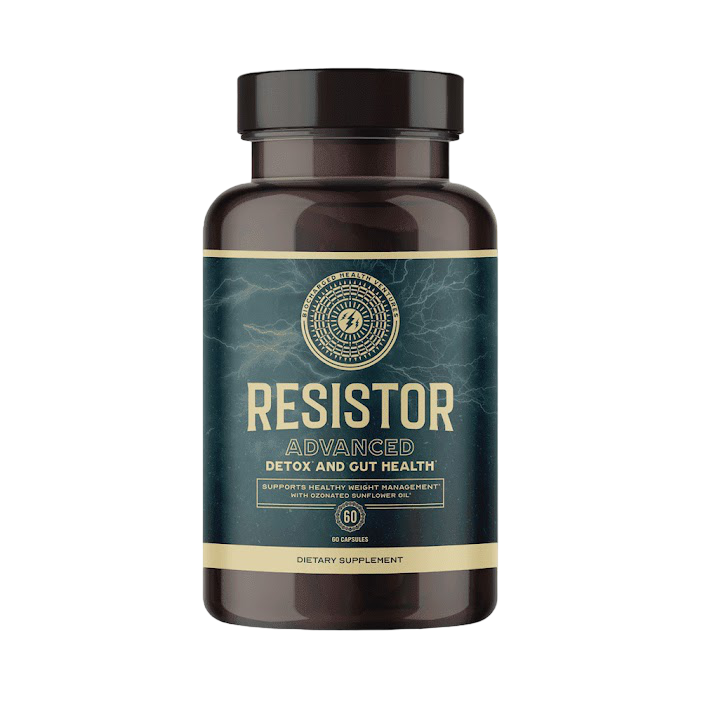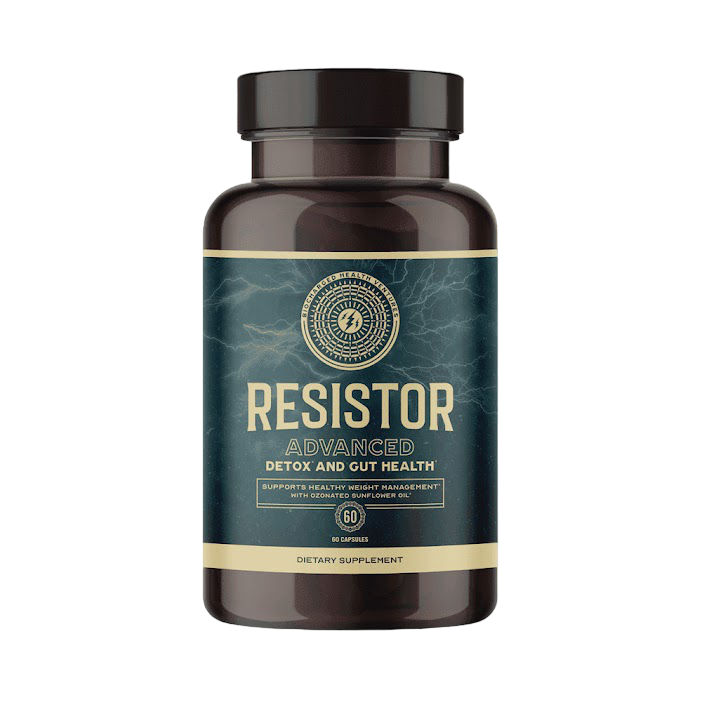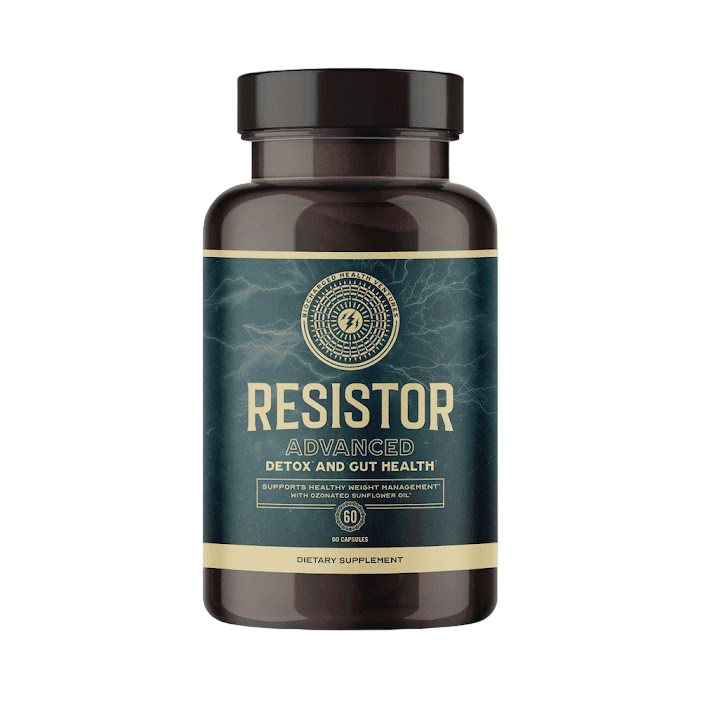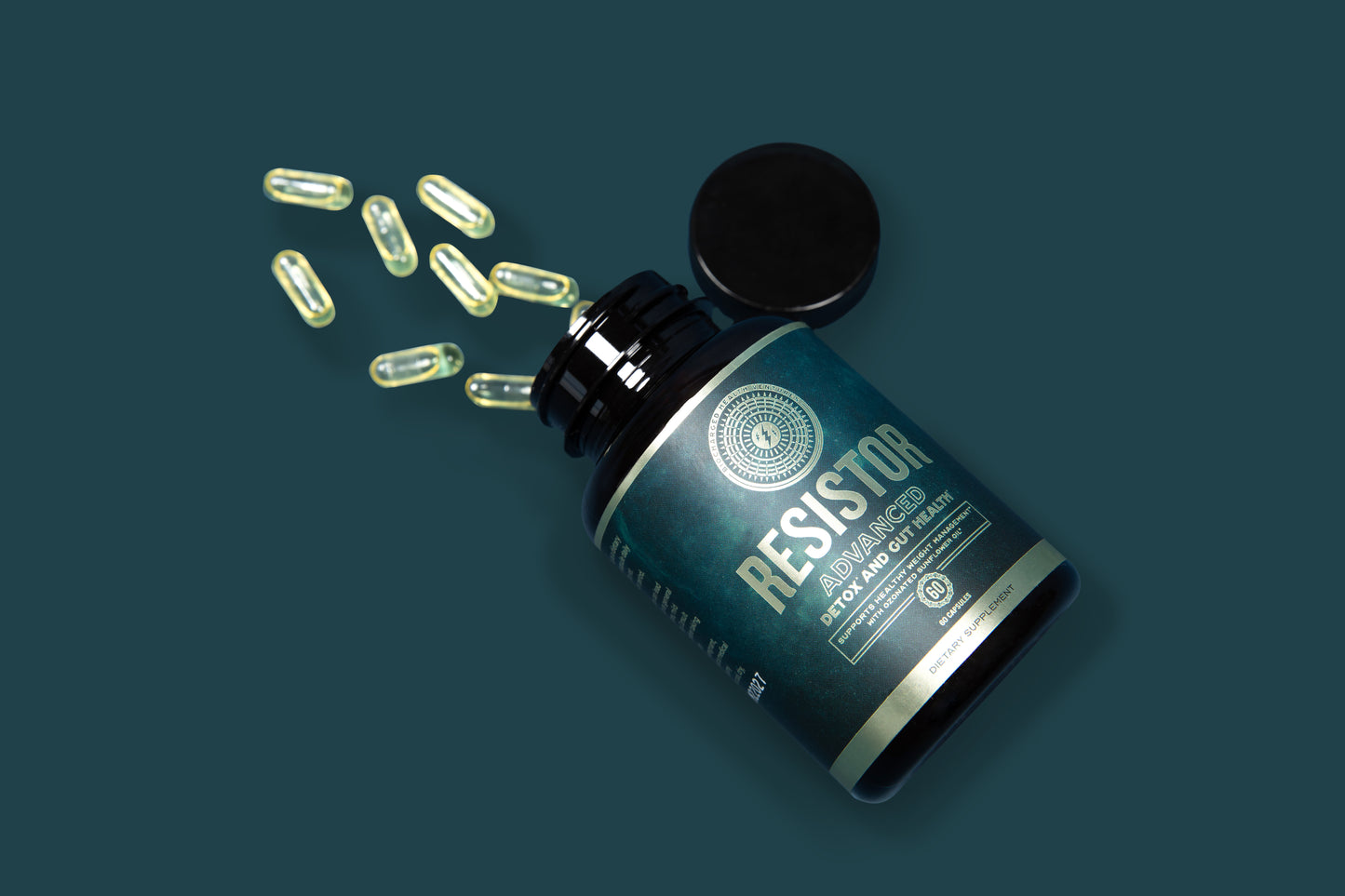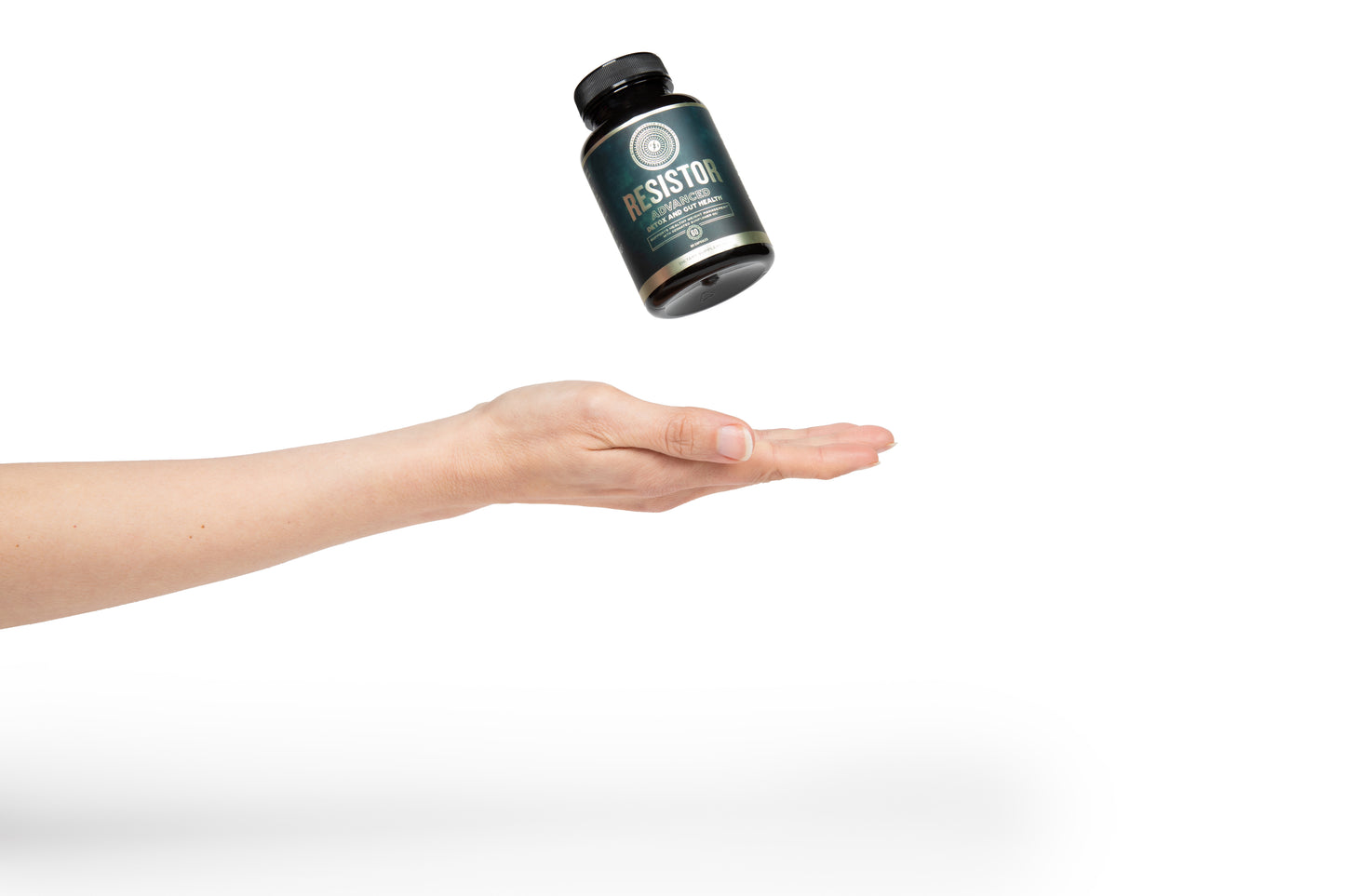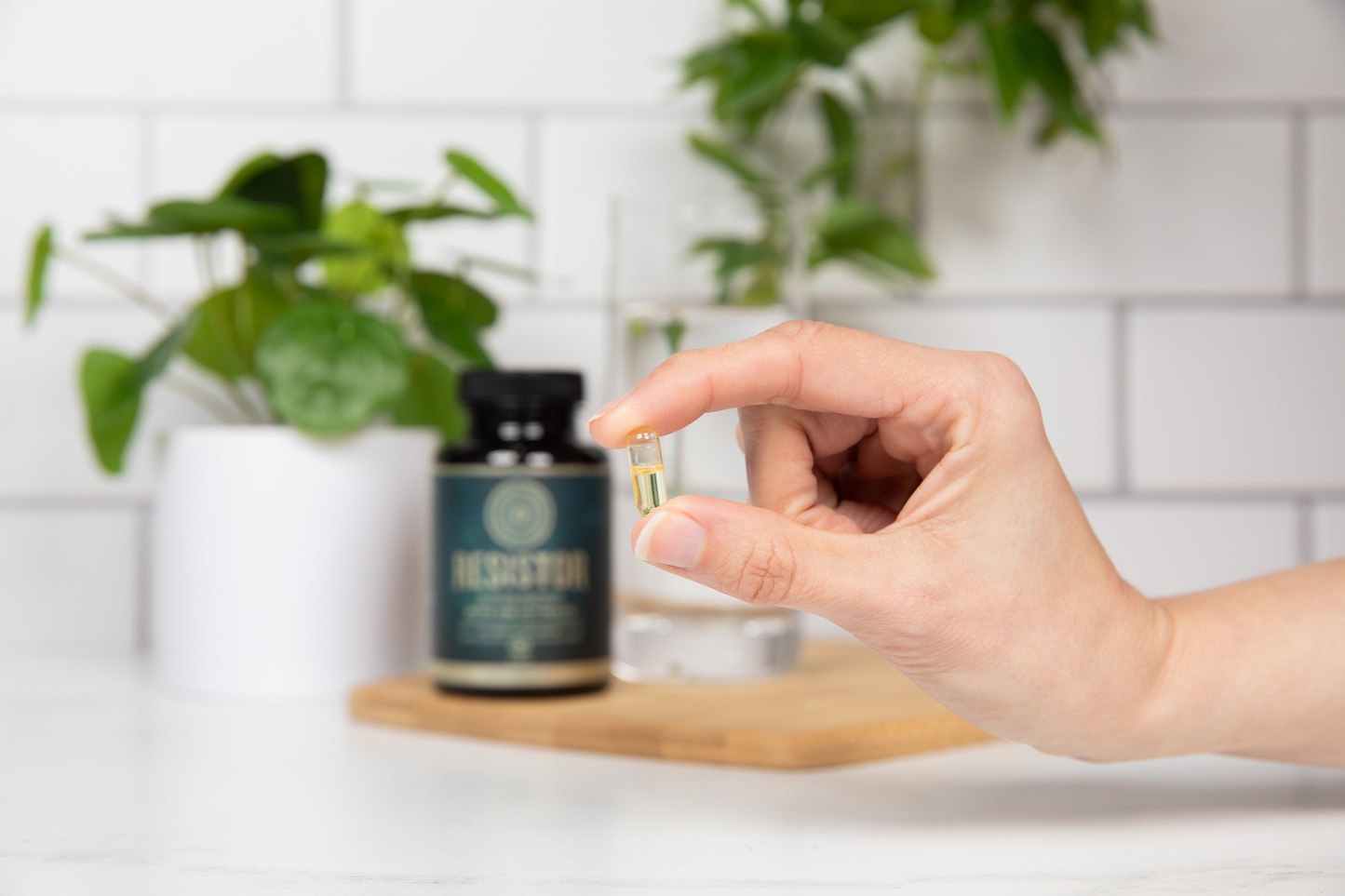1. Intermittent Fasting
Intermittent fasting simply means you consume calories during a shortened, designated time window. Some people prefer to eat during an 8-10 hour window, seven days a week. Others might only eat one meal a day. Or, you may like to fast two days a week, consuming less than 1,000 calories a day and participating in intermittent fasting the other five days out of the week.
The excellent news about intermittent fasting is it’s customizable to each individual. As always, you should consult your health care provider before starting a new diet. There’s also no shame if intermittent fasting isn’t for you.
To understand the benefits of intermittent fasting, we first need to explain autophagy. Autophagy is the body’s way of cleaning out damaged cells, to regenerate newer, healthier cells, according to Priya Khorana, Ph.D. in nutrition education from Columbia University. “Auto” means self, and “phagy” means eat. So the literal meaning of autophagy is “self-eating.” [1]
When you’re fasting, your body has time to reset, digest, and repair. This natural process also helps your body adapt to stressors and flush out toxins. This process is called autophagy, and it’s triggered by fasting. You can learn more about autophagy in this article. [2]
2. Sleep
Sleep is one of the easiest ways to biohack your brain yet so many Americans struggle with getting enough. It’s widely known that sleep deprivation can cause a broad range of health problems because it weakens the immune system.
Try these tips
The CDC recommends getting between 7-9 hours of sleep per night for adults over the age of 18. [3] Scheduling a bedtime routine is key. You could try cutting off all screen time by 8 PM, limiting your caffeine intake in the afternoon hours, and avoid consuming large meals, alcohol, and sugar before bed. When your body is digesting a large meal, it can be difficult to fall asleep.
Giving your brain a rest to cool down at least an hour before bed is a great way to increase the quality of sleep. Try a Guided Breathing Visualization to help you wind down in the evenings. There are sleep apps available that can help you relax and a Netflix series from Headspace if that’s more convenient for you.
You could also try keeping a journal by your bedside. Write down your to-do list for the next day and get those thoughts out of your head. Next, write down three things you’re thankful for to promote a sense of positivity. Getting your thoughts onto paper helps rid the mind of racing thoughts which can help make going to sleep a bit easier.

- treating arthritis
- fighting viral diseases, such as HIV and SARS
- disinfecting wounds activating the immune system
- treating macular degeneration
- treating cancer
Resistor’s Charged Ozonated Oil may offer some of the same benefits, without the needle. The novel charging process enhances the performance of the ozonides, making it an even more powerful treatment. And because the delayed-release Capsule is specifically designed to release the oil closer to, or in, the small intestine; the ozone is more quickly absorbed into the bloodstream than it would be if introduced via the stomach. Once delivered through the bloodstream, the ozonides elicit a litany of beneficial effects systematically throughout the body – including the production of beneficial compounds and additional antioxidants, which remove free radicals from the body cells and prevent or reduce the damage caused by oxidation. The benefits of ozone are clear, but the methods in which to administer it remain seemingly unattainable for the everyday person. By adding Resistor to your biohacking arsenal, you can enjoy all the benefits that ozone therapy can provide, with no alarming or invasive procedures.
